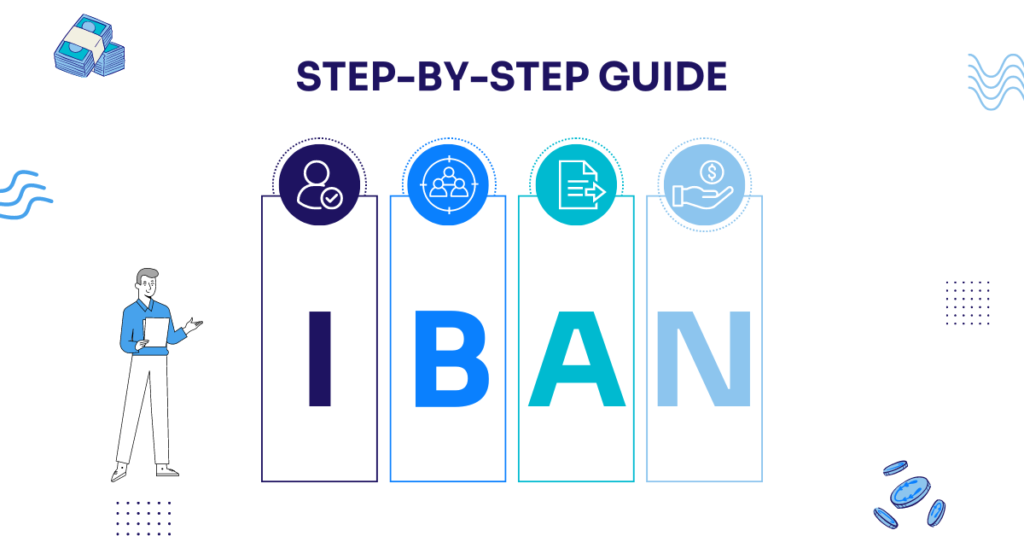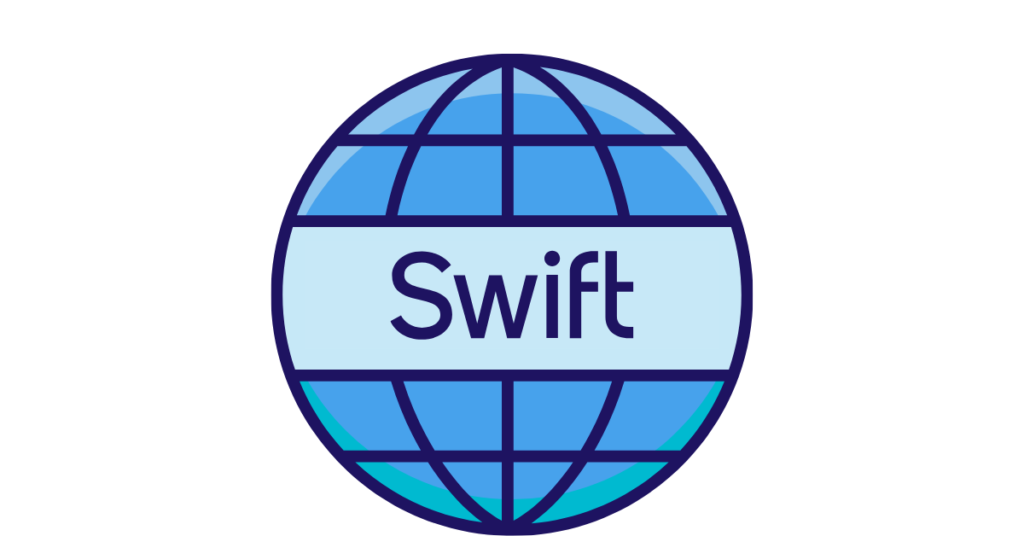The term “high-risk merchant” is often encountered in the world of payment processing. But what exactly does it mean, and which industries are considered high risk?
If you’re a business owner looking to accept credit card payments online, it’s important to know which industries are classified as high-risk by payment processors and financial institutions. Being labeled as a high-risk merchant can lead to higher processing fees, stricter regulations, and increased scrutiny.
In this article, we explore the factors that contribute to an industry being classified as high risk, delve into the specific industries that fall under this category, and discuss some strategies for businesses operating in these sectors to successfully navigate the challenges they may face.
Understanding High-Risk Merchants
A merchant is considered high-risk from the viewpoint of a credit card payment processor or acquiring bank. They look at many factors, including the ticket size of a typical sales transaction. If your business sells expensive, high-ticket items, you are most likely in the high-risk category.
Identifying and eliminating risks that are related to potential loss, is at the heart of the underwriter’s role, especially when it comes to high-risk merchants. They look very carefully at every application for a merchant account. Simply put, if the industry your business operates in is considered a high risk of creating potential losses for the card processing company, the application will be declined. This is where specialists in high-risk merchants come into their own to help you navigate through this process.
Factors that contribute to this classification include:
- High chargeback rates
- High average ticket values
- Industries with a history of fraud
- Industries prone to legal or regulatory issues
- Industries with reputational risks
Underwriters play a crucial role in identifying and eliminating risks related to potential loss when assessing merchant account applications. If your business operates in an industry considered high-risk, your application may be declined. That’s where experts in high-risk merchant accounts, like Capitalixe, step in to guide you through the process.
Why Banks Avoid High-Risk Businesses
Banks have a responsibility to ensure that they are minimising their risk exposure while complying with various laws and regulations related to financial crimes. High-risk merchants, such as those operating in industries with a high probability of chargebacks or fraud, pose a greater risk to banks because there is a higher likelihood that these merchants will experience fraudulent transactions or chargebacks. As a result, banks may choose to avoid providing services to high-risk merchants altogether or impose stricter requirements and higher fees for these merchants.
High-risk merchants have a higher risk of fraud or money laundering, which can lead to financial losses for banks or card processors if the merchant cannot cover the loss. To minimise their risk exposure, banks may choose to avoid working with high-risk merchants altogether.
Alternatively, banks may choose to impose stricter requirements on these merchants to minimise the likelihood of financial losses. For example, they may require merchants to provide additional documentation to prove their business legitimacy or require them to maintain a reserve fund to cover potential chargebacks.
Why Chargebacks Matter?
A high chargeback ratio can lead to the termination of a merchant account, making it crucial to understand the concept of high-risk merchants. When customers dispute charges, credit card processing companies must review the issue and potentially issue a refund. If the merchant cannot cover the refund, the card processing company may incur a loss. Furthermore, processing chargebacks is labor-intensive and time-consuming, which can strain resources.
A chargeback ratio exceeding 2% should raise concerns, as the card processor or payment service provider may decide the risk is too great and terminate the account.
Industries Considered High-Risk
The following industries are typically considered high-risk by credit card processing services due to excessive fraud and high chargeback ratios:
- Advertising services
- Affiliate marketing
- Airline, lodging, travel
- Alcohol sales
- Auto sales and warranties
- Background checks
- Beauty, skin & hair care
- Business opportunities
- Cannabis and CBD oil
- Charities
- Coins, collectibles, and antiques
- Computer sales
- Credit repair and monitoring
- Cryptocurrencies
- Dating app merchant payments
- Debt collection and management
- Domain registration
- Prescription drugs and drug products
- Events and ticket sales
- E-wallets
- Fantasy sports
- File sharing
- Firearm sales
- Foreign exchange (Forex or FX)
- Furniture sales
- Gambling
- Government grants
- Health and wellness
- High-ticket coaching merchant accounts
- Insurance
- ISPs and web hosting
- Jewelry sales
- Male enhancement products
- Marketing services
- Merchant aggregators
- Money transfer services
- Monthly memberships
- Moving services
- Nutraceuticals
- Online auctions
- Pawn shops
- Pet sales and accessories
- Payday loans
- Penny auctions
- Phone unlocking services
- Prepaid phone cards
- Pyramid selling, network marketing, direct sales
- Self-storage services
- Software, apps, and downloads
- Subscription boxes
- Tech support
- Ticket brokers
- Timeshares and holiday clubs
- Tobacco merchant processing
- Vape and e-cigarette sales
- VPN services
- Web design, SEO services, and card payments
Classifying Merchant Accounts as High-Risk
A merchant account can be classified as high-risk based on a variety of factors. Banks and payment processors use a risk assessment process to determine whether a merchant falls into the high-risk category.
Operating in a high-risk industry can present several challenges, difficulty obtaining merchant accounts, higher processing fees, strict underwriting requirements, greater scrutiny from regulators and reputational risks.
The common factors that can cause a merchant account to be classified as high-risk include industry, business history, transaction volumes, geographic location, payment processing and credit history:
- Operates in an industry that is considered high-risk for merchant accounts (see our list above)
- High ratio of chargebacks, fraud, or a history of regulatory violations
- Big-ticket transactions
- High-volume merchant processing transactions
- Recurring billing, such as monthly membership subscription
- Seasonal sales fluctuations
- CNP transactions (Cardholder/Card Not Present) such as online sales
- International sales
- Accepting foreign currency sales
- Operates in a country that has a high risk of fraud, high use of stolen credit cards, or poor Internet security
- Card processing history is inadequate or non-existent
- Poor or no credit history
It’s important to note that not all banks and payment processors have the same criteria for classifying merchants as high-risk, so a merchant may be classified as high-risk by one processor but not by another.
Recognising and Preventing Fraud
In today’s digital age, payment fraud is becoming more sophisticated and prevalent, posing a significant threat to businesses and consumers alike. Criminals continually devise new fraud methods, but there are some common types and red flags to watch for:
Fraudulent chargebacks: Often perpetrated by customers attempting to avoid payment for received goods or services by disputing the transaction and initiating a chargeback with the card issuer.
Stolen credit cards: Criminals use undetected stolen cards, leading to payment reversal by the payment service provider once the fraud is detected.
A reliable high-risk card processing company employs rigorous fraud detection methods, which may be triggered by scenarios such as:
- The same IP address used for multiple different credit card transactions
- Multiple consecutive purchases using the same credit card
- Multiple purchases from the same address with different credit cards
- Multiple purchases using the same card but different addresses
- Above-average high transaction values
- False address details or other inconsistencies
- Unusual shipping addresses, often to foreign countries
- Unusual urgent orders
Strategies for High-Risk Merchants
As a high-risk merchant, it can be challenging to succeed in the business world. You may face obstacles that other businesses do not, such as limited payment processing options, higher rates, and increased scrutiny from financial institutions.
Despite the challenges, there are strategies high-risk merchants can implement to thrive in their industry:
- Work with a high-risk merchant service provider
- Maintain strong fraud prevention measures
- Implement effective chargeback management strategies
- Stay informed about industry regulations
- Keep a clean processing history
Choosing a High-Risk Merchant Account Provider
While many legitimate businesses may be declined by traditional payments and banking services, there are specialised high-risk merchant processors catering to these industries. By partnering with experts in the field, your high-risk merchant account application is more likely to be approved.
When considering high-risk business merchant accounts, look for the following qualities:
- Customization and flexibility
- Cutting-edge technology
- Top-tier security
- Experience and expertise
- Great customer service
If your business falls within the category of high-risk merchants, as defined by the payment processing industry, it may be challenging to secure reliable and secure payment processing solutions that meet your specific needs and regulatory requirements.
At Capitalixe, we specialise in working with regulated acquiring banks and card payment processors that cater to the high-risk sector. Our team of expert consultants can provide you with valuable insights and guidance on navigating the complex payment processing landscape to find a solution that fits your business requirements.
Whether you’re a high-risk merchant looking to improve your payment processing capabilities or a payment industry professional seeking to support high-risk merchants, we are here to help you succeed.
Get in touch to discuss your options and take the first step towards secure and reliable payment and banking solutions for your business!






